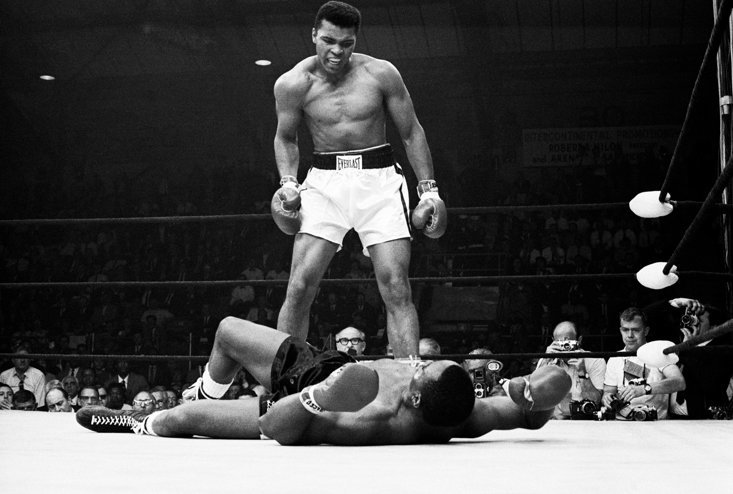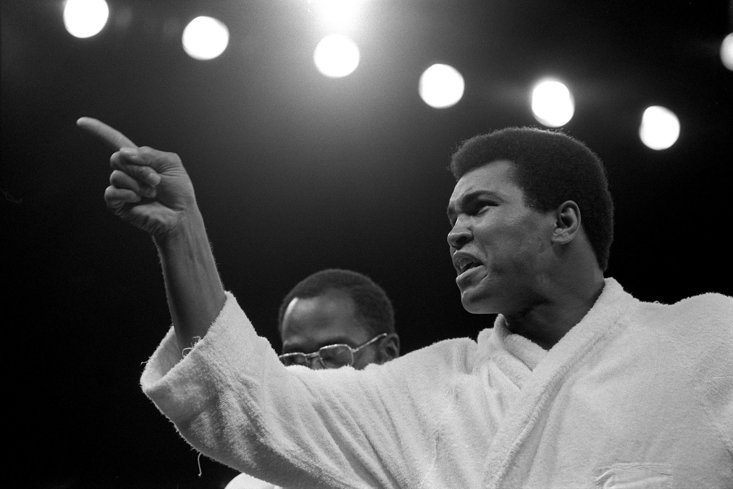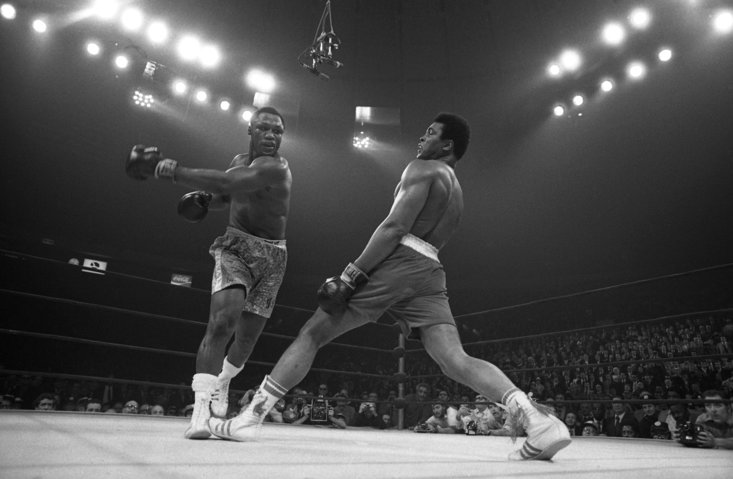On March 22 1967, Muhammad Ali was at his brilliant best as he stopped Zora Folley inside seven rounds at Madison Square Garden. However, it would be Ali's last boxing match before his suspension from the sport, marking the end of his first world championship reign.
Nearly three months later, on June 20 1967, it took an all-white jury just 21 minutes to find Muhammad Ali guilty of draft evasion. In the space of seven rounds of boxing, the same amount of time it had taken him to dismantle Folley, one of the most talented fighters to ever set foot in a ring was robbed of over three years of his career due to his religious beliefs.
Making an example of his high-profile defendant, the judge dished out the maximum punishment for the felony - a $10,000 fine and a five-year jail sentence. The New York Athletic Commission subsequently revoked his boxing license and the WBA took away his belt.
Ali’s conversion to the Nation of Islam after snatching the heavyweight title from Sonny Liston in 1964 placed him smack bang in the middle of debates across race, religion and politics in the already turbulent 1960s, but a war brewing nearly 9,000 miles away across the Pacific Ocean would prove to be the greatest fight of his career.

Like almost 100,000 other Americans who had successfully requested an exemption from the draft, Ali stated that, as a minister of faith, he too should be allowed to avoid the call-up. Many, then and now, naively took his decision as an act of cowardice, rather than a genuine moral objection.
A week before his scheduled induction ceremony, Ali said: “I’m not going 10,000 miles from home to help murder and burn another poor nation simply to continue the domination of white slave masters of the darker people the world over.”
“If I thought the war was going to bring freedom and equality to 22 million of my people, they wouldn’t have to draft me, I’d join tomorrow.”
Ali was famous for being a motormouth when it came to the boxing ring and his boisterous personality meant that during the earlier stages of his professional career, even against the meanest heavyweights like Liston, he would be greeted to the ring by boos, but his decision to not fight in Vietnam turned him into a villain that extended much farther than just sport.
To the majority of Americans, who in 1967 were to a large extent very pro-Vietnam War, Muhammad Ali was public enemy number one.

Ali was released on bail, pending an appeal, and would spend the next three years in exile. The Muhammad Ali that had lit up arenas with his dazzling footwork and speed would never be the same again - yes, he would still have many more glittering nights in his illustrious career to come but he would never be the same man he was before his ban, having been robbed of what would probably have been his best years.
As America rolled into the Seventies and with the war effort in Vietnam going awry and the death toll increasing by the minute, the nation’s view on the war shifted drastically to a more liberal viewpoint and, as a result, Ali became an iconic figure in the anti-war movement of the time.
“I ain’t got no quarrel with them Viet Cong”, one of Ali’s most memorable quotes, became synonymous with the wave of protests at the time.
By 1970, this was reflected by the New York Athletic Commission who reinstated his license and a year later, on 28th June 1971, the US Supreme Court finally overturned his conviction by unanimous decision.
Despite missing three of the most important years of his career, Ali would go on to win the heavyweight title two more times and record wins over Joe Frazier, George Foreman and many, many others out of, arguably, the Golden Generation of heavyweight fighters.

Whether Ali is the pound-for-pound GOAT inside the ring is always going to be debatable but one thing is true, few, if any, athletes have transcended sport in the same way ‘The Greatest’ did and his fight for his own religious freedom is just one of a number of reasons why.
This article first in The Sportsman on 28/06/19